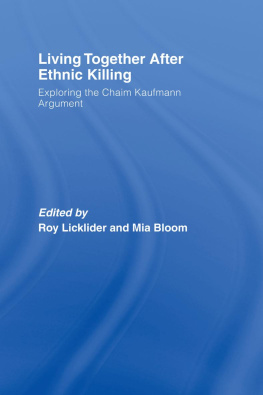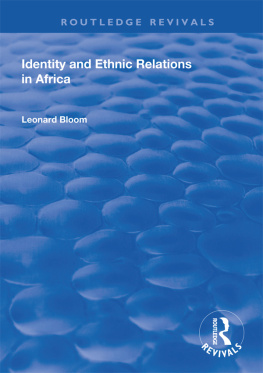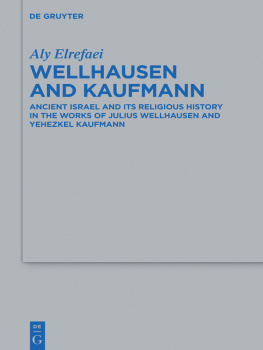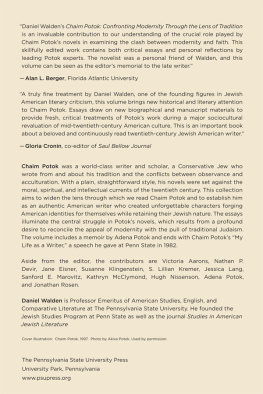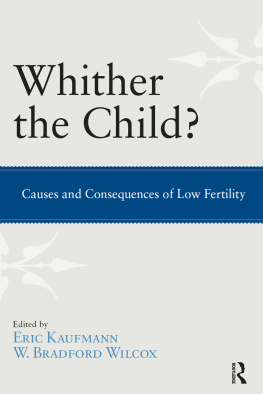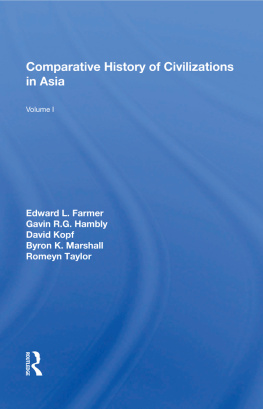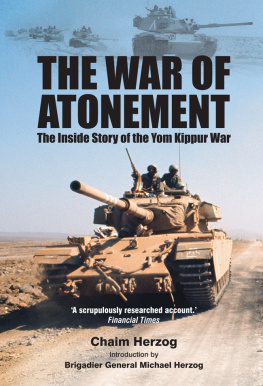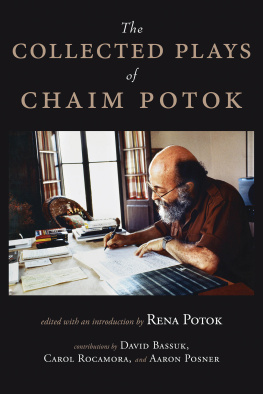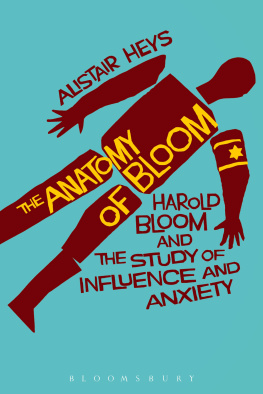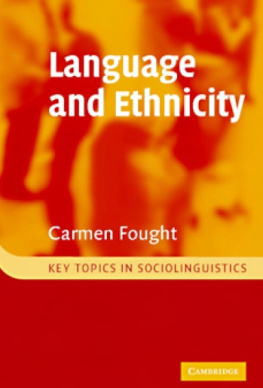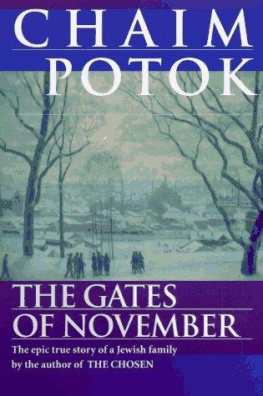Living Together after Ethnic Killing
This volume attempts to critically analyze Chaim Kaufmann's ideas from various methodological perspectives, with the view of further understanding how stable states may arise after violent ethnic conflict and to generate important debate in the area.
After the Cold War the West became optimistic of their ability to intervene effectively in instances of humanitarian disasters and civil war. Unfortunately, in the light of Bosnia, Somalia and Rwanda, questions of the appropriate course of action in situations of large scale violence became hotly contested. A wave of analysis considered the traditional approach of third parties attempting to ensure that the nation was built on the basis of a ruling power-share between the opposing sides of the conflict to be overwhelmingly problematic, and perhaps impossible.
Within this movement Kaufmann wrote a series of articles advocating separation of warring sides in order to provide stability in situations of large scale violence. His theorems provoked extreme responses and polarized opinion, contradicting the established position of promoting power-sharing, democracy and open economies to solve ethnic conflict and had policy implications for the entire international community.
This book was previously published as a special issue of Security Studies .
Roy Licklider is professor of political science at Rutgers University. He has been a program officer for the Exxon Education Foundation, a visiting researcher at the New School for Social Research, and a visiting professor at Princeton. His research interests have included nuclear strategy, sources of foreign policy, the impact of economic sanctions (in particular the Arab oil weapon), and how civil wars end.
Mia Bloom is Assistant Professor at the University of Cincinnati's Department of Political Science.
First published 2006
by Routledge
2 Park Square, Milton Park, Abingdon, Oxon, OX14 4RN
Simultaneously published in the USA and Canada
by Routledge
711 Third Avenue, New York, NY 10017
Routledge is an imprint of the Taylor & Francis Group, an informa business
2007 Taylor and Francis Ltd.
Typeset in 11/13pt GaramondMT by techbooks, New Delhi, India
All rights reserved. No part of this book may be reprinted or reproduced or utilised in any form or by any electronic, mechanical, or other means, now known or hereafter invented, including photocopying and recording, or in any information storage or retrieval system, without permission in writing from the publishers.
British Library Cataloguing in Publication Data
A catalogue record for this book is available from the British Library
Library of Congress Cataloging in Publication Data
A catalog record for this book has been requested
ISBN 0-415-41370-2
ISBN 13 978-0-415-41370-1
MIA BLOOM AND ROY LICKLIDER
NOT long ago it was fashionable to argue that modernization would reduce, if not eliminate, ethnic hatred.
With the end of the cold war, there was a sudden, if short-lived, upsurge of optimism, especially among liberals, about the ability of the United States and other Western countries to resolve the problems of countries experiencing humanitarian disasters resulting from civil war and other forms of internal strife:
What is new is that since the end of the Cold War, the U.S. armed forces, and the Army specifically, routinely has been called upon to conduct peace and stability operations aimed at preventing, quelling, or dealing with the consequences of communitarian strife. Moreover, the postCold War peace operations are different from earlier peace operations in size, scope, and complexity. Rather than stemming from a purposive grand strategy, U.S. participation in such peace operations stems from its position of leadership
This was true, despite a long-standing concern among realists that ending superpower dominance of volatile areas would produce dangerous instability.
Before long many people in governments and NGOs began to argue that the appropriate response to countries with such deep internal divisions was to stop the killing as soon as possible and bring the participants together to negotiate a political settlement which would include power-sharing, democracy, and an economy open to international trade and investment. A representative example of this position came in the form of the 1997 Carnegie Commission Report on Preventing Deadly Conflict. The report assessed the strategies appropriate to respond to the increasing lethality of ethnic and civil wars. In it, the commission concluded that early action was the best way to prevent the growing number of noncombatants killed and that a combination of strategies should be pursued simultaneously and in concertavoiding unilateral action by outside powers.
The Carnegie Commission identified the following key operational strategies as increasing the likelihood of ending violence and conflict: prevent the emergence of conflict, prevent conflict contagion, prevent conflict from resuming, approach conflict resolution in a comprehensive and consistent fashion (clear signals rather than mixed messages), couple political pressures with economic carrots and sticks, and act early and quickly.
All of the Commission's recommendations were excellent, in theory, but the report failed to recognize that there was not always a coalition of countries willing to intervene or act to defend human rights regimes. Also, although die report recognized that NGOs and international organizations may have their own vested interests, and may not be objective arbiters of conflict or provide reliable information about the imminence of violence, it could not offer an alternative measure that would prevent an impending human rights disaster.
Finally, and most significantly for this volume, the report recognized that on some occasions third parties might have: to intervene coercively: "The question arises as to when, where, and how individual nations, and global and regional organizations, should be willing to apply forceful measures to curb incipient violence and stop potentially greater destruction of life and property."however, could not provide guidance or criteria indicating which forms of coercion might be effective, especially if these solutions were politically incorrect or ideologically unpopular.
Both the causes of ethnic conflict and appropriate international responses to it remain in dispute. How useful is power-sharing among groups within governments as a strategy to prevent ethnic violence? After large-scale ethnic violence, will a single government designed around power-sharing encourage cooperation, or does it make more sense to encourage or even require separation of the groups through partition, at least in some cases?
The experiences of Somalia, Bosnia, and Rwanda, among others, quickly produced a Second wave of analyses arguing that nation building based on power-sharing was either extremely difficult or practically impossible.given the high level of distrust and mutual vulnerability of inter-mingled civilian populations, any move by one side, even if defensive, would be interpreted as offensive and responded to accordingly. The only viable solution is thus separation and, in some cases, partition.


